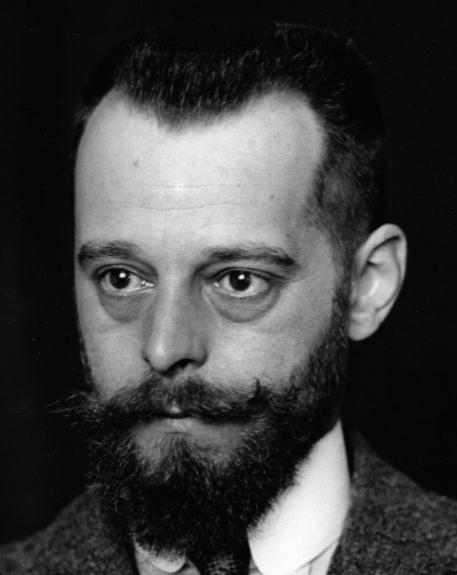2011 INDUCTEE John Bienenstock, MD Cells, Genetics & Genomics, Infectious Disease, Allergy & Immunity, Leadership in Organizational Development, Health and Medical Education & Training
October 6, 1936
(Budapest, Hungary )
July 25, 2022
MBBS, University of London (1960)
2002: Member of the Order of Canada
1999: Distinguished University Professor, McMaster University
See All AwardsAwards & Honours:
2002: Member of the Order of Canada
1999: Distinguished University Professor, McMaster University
1998: Honorary MD, Goteborg University, Sweden
1992: Fellow of the Royal Society of Canada
1990: Order of the Red Cross
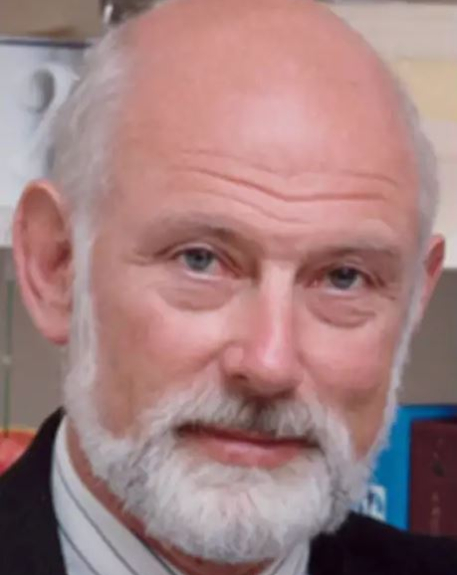
Pioneered the concept of the common mucosal system
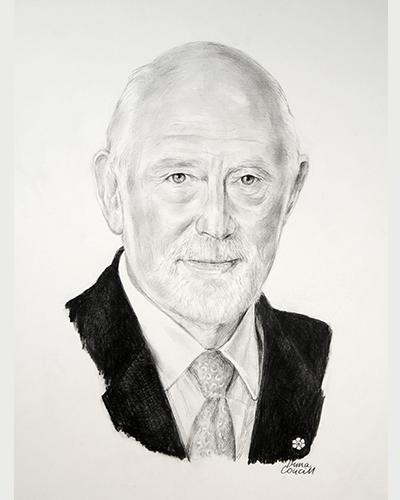
A father of mucosal immunology and champion of interdisciplinary research
Dr. John Bienenstock is a renowned expert in the disciplines of mucosal immunology, neuroimmunology and allergy. His exceptional leadership skills led to appointments as chair of the Department of Pathology at McMaster University, and Vice-President and Dean of the Faculty of Health Sciences. A true visionary, he pioneered and promoted prestigious multidisciplinary programs such as the Intestinal Disease Research Program involving immunology, neuroscience, virology, physiology and gastroenterology, and the McMaster Brain-Body Institute at St. Joseph's Healthcare Hamilton whose aim is to integrate brain and neurosciences, medicine and psychiatry.
Key Facts
Authored more than 290 peer-reviewed publications and was one of the founding editors of the classic textbook, Mucosal Immunology
Was the first to characterize mucosal mast cells and the bronchus associated lymphoid tissue (BALT) which led to the concept of a common mucosal immune system
Served as President of the Canadian Society of Immunology, the Society of Mucosal Immunology and the Collegium Internationale Allergologicum
Served as a consultant on the development of medical schools in Canada and around the world
Conducted studies on the two-way interactions and influences between the nervous and immune systems have impacted our understanding of conditions as varied as allergy and rheumatoid arthritis
Oversaw the establishment of McMaster’s Midwifery Program and championed the health care team approach
Professional timeline
Impact on lives today
Dr. Bienenstock’s groundbreaking research opened up whole new fields of research in immune disease and advanced understanding of the systemic influence on immune regulation. Moreover, his advocacy of interdisciplinary research and capacity to build centres of collaborative research will continue to foster advancements in knowledge and clinical care. Importantly, Dr. Bienenstock’s impact is found not only in research but, also, in tangible improvements in patients’ lives; his findings led to the introduction of novel medicines and therapeutic approaches in allergy and mucosal immunology.
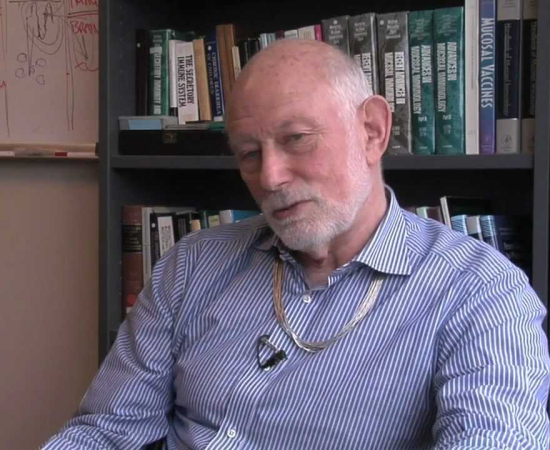
2011
-
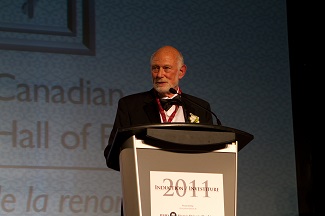
John Bienenstock inducted into the Canadian Medical Hall of Fame
London, Ontario
-
The Brain-Body Institute was established at McMaster University
Cells, Genetics & GenomicsThe Institute serves as a symbol of Dr. Bienenstock’s vision that great research is a co-operative venture by bringing together persons with diverse backgrounds such as psychiatry, psychology, internal medicine, engineering and many more.
-
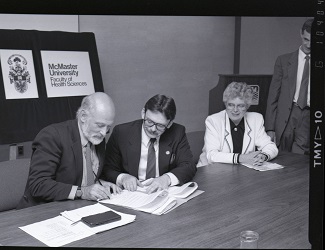
With his natural leadership qualities and administrative skills, Dr. Bienenstock became Vice-President of the Faculty of Medicine.
Health and Medical Education & Training, Leadership in Organizational DevelopmentTwo years later, he combined the position into the Vice-President Health Sciences and Dean of Health Science to coordinate funding and academic focus.
-
Became Chair of Pathology at McMaster
Leadership in Organizational DevelopmentFor over a decade, he shifted the focus of the department from one centred primarily on patient support into one in which research and development were integrated with care.
-
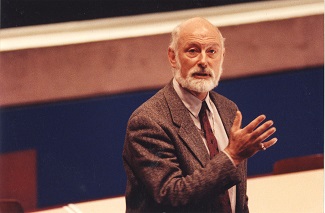
Dr. John Bienenstock was one of the first to identify the T cell-dependent mucosal mast cell as a major effector cell of parasite gut immunity
Infectious Disease, Allergy & Immunity, Cells, Genetics & Genomics -
Dr. Bienenstock established and became the director of the Host Resistance Program for McMaster
Leadership in Organizational DevelopmentThis novel approach to biomedical research brought together scientists and clinicians across disciplines. This “team grant approach” remains an important model for optimizing effectiveness in research.
-
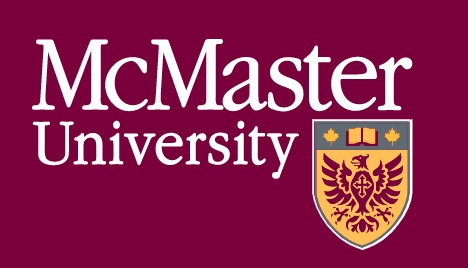
Launched his career in Canada at McMaster University’s new medical school as an assistant professor in medicine and pathology
Health and Medical Education & Training
1968
He spread a culture of research and excellence in Canadian academia


